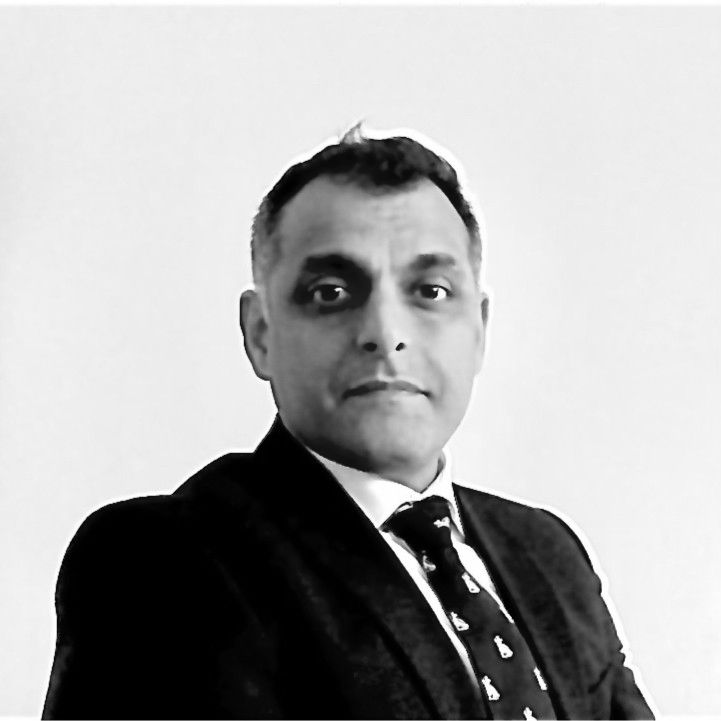Introduction

Ready to book now? Get in touch to discuss your needs and decide on the best course of treatment for you.
Ready to book now? Get in touch to discuss your needs and decide on the best course of treatment for you.
What is vascular surgery?
Vascular surgery diagnoses and treats conditions of the arteries, veins and lymphatic system.
Often, these conditions are caused by a buildup of fatty deposits in the arteries. However, there are many other risk factors. Conditions that fall under the category of vascular disease include varicose veins, deep vein thrombosis (the ‘long-flight’ condition), Raynaud’s, aneurysms, carotid disease, swollen legs, leg ulcers and pain in the legs after walking.
These diseases can be very serious so early diagnosis and treatment is essential.
Reasons to see a vascular specialist
You may choose, or be referred on, to see a vascular specialist if you experience:
- Your legs hurt when you walk.
- Your legs are swollen, aching and discolored, and develop ulcers or wounds.
- You suddenly have blurred vision and tingling, numbness, and weakness of one side of your body. You may also feel confused.
- You experience sudden, severe abdominal and back pain.
- You experience sudden trouble seeing in one or both eyes
- You experience, severe headache with no known cause.
Common vascular conditions
Varicose veins
Varicose veins are enlarged and twisted veins in your leg. You are more at risk of experiencing varicose veins if it runs in your family. They can be made worse by pregnancy, and long periods of standing.
Your legs have a system of veins which are deep within the muscles of your leg. They also have a system of superficial veins running just under your skin. When there’s a weakness in the walls of the superficial veins, they can become enlarged. This can cause pressure in the veins, which then bulge out as varicose veins.
Varicose veins are sometimes painless. However, if the appearance of the vein bothers you, or you experience aching, you should seek advice from your doctor.
aneurysms
Aneurysms are bulges in the wall of your artery (the vessels that carry oxygenated blood and nourishment from the heart to the tissues). It happens when the pressure of blood passing through the artery has forced a weakened part of it to balloon outward, or when the blood vessel wall is weakened for a different reason.
raynaud's
Raynaud’s, also known as Raynaud’s phenomenon or syndrome, is common and does not usually cause serious problems. This condition affects your blood circulation; when you’re cold, anxious or stressed, your fingers and toes may change colour. Other symptoms include pain, numbness, pins and needles and difficulty moving the affected area.
If you experience Raynaud’s, you can often treat your symptoms simply by keeping warm. However, if the symptoms persist or worsen, it could be a sign of a more serious condition.
Peripheral vascular disease
Peripheral arterial disease (PAD) is a common condition caused by a build-up of fatty deposits in the arteries which restrict blood supply to leg muscles. It’s also known as peripheral vascular disease (PVD).
Some people with PAD show no symptoms, but others develop a painful leg ache when they walk. This pain normally disappears after a few minutes of rest. The severity of the pain can vary from moderate to severe.
Carotid disease
Carotid disease, sometimes known as carotid artery disease, happens when fatty deposits (plaques) clog the blood vessels that deliver blood to your brain and head (carotid arteries). This can increase your risk of stroke.
In its early stages, this condition may not produce any symptoms. This means it may go unnoticed until it’s serious enough to cause a stroke. If you experience stroke-like symptoms you should seek medical help immediately.
Leg ulcers
Leg ulcers are sores that take more than two weeks to heal. They typically form on the inside of the leg, above your ankle. The symptoms of a leg ulcer include pain, itching and swelling of your leg.
The following factors increase your chances of experiencing leg ulcers:
- If you have varicose veins
- If you have difficulty walking – this can weaken the calf muscles, affecting circulation in your legs
- Being overweight – this increases pressure in the leg veins
- Previous deep vein thrombosis (DVT)
- Previous injury to the leg. Broken or fractured bones can cause DVT and affect your ability to walk
- Previous surgery to the leg, such as a hip replacement or knee replacement, which can make walking challenging or impossible
- Increasing age. Typically, ageing can make getting around more challenging.
Lymphoedema
Lymphoedema is a long-term (chronic) condition that causes swelling in your body’s tissues. It can affect any part of your body, but it normally develops in the arms or legs.
This condition can happen when your lymphatic system – a network of channels and glands that fight infection and removes fluid in the body – doesn’t work properly.
Lymphoedema can get worse over time, so it’s best to get it treated early on.





